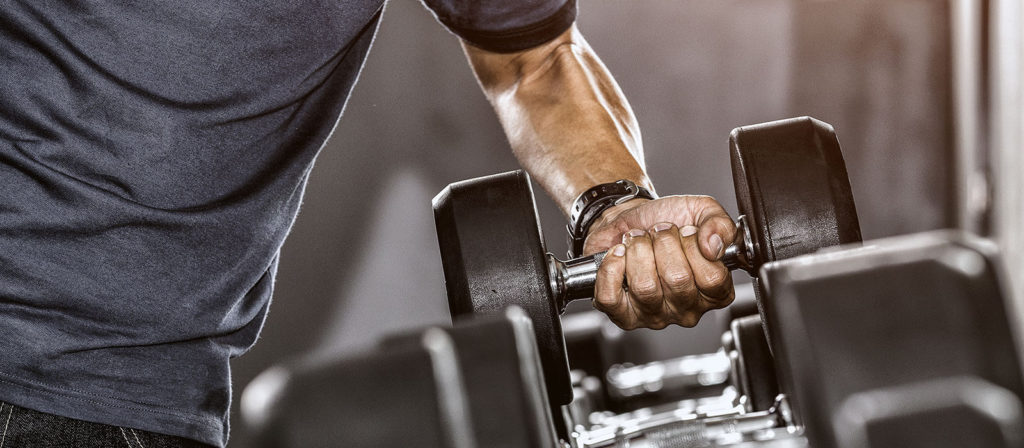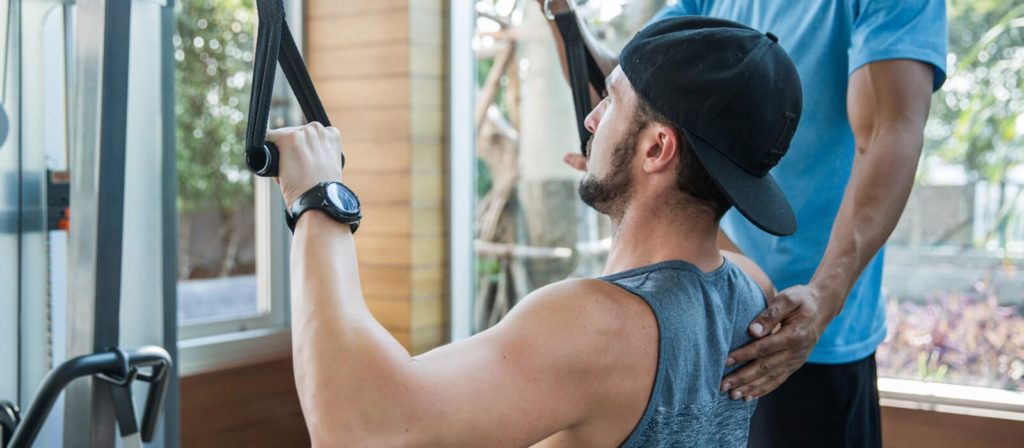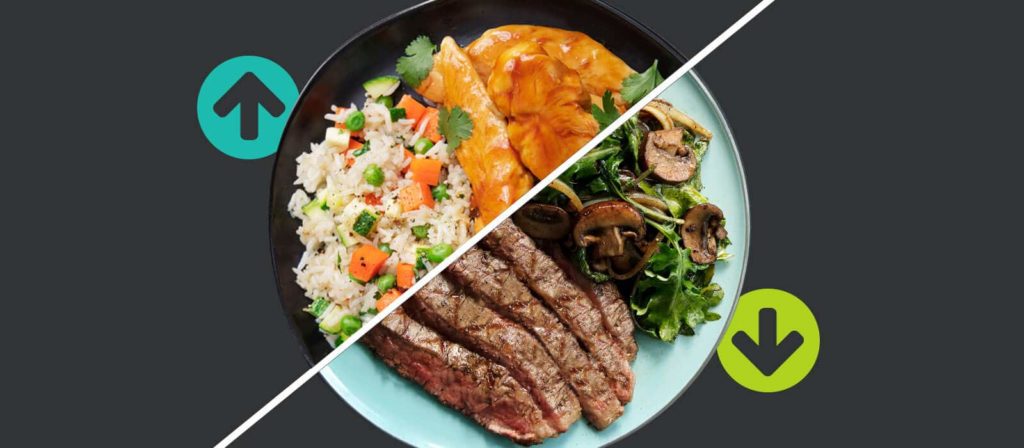ARTICLE AT A GLANCE
Endurance athletes often fall into the trap of thinking they can eat whatever they want since they burn so many calories during training. Unfortunately, that’s not true – poor nutrition can negatively impact your performance. To perform at your peak, you need a well-balanced nutrition plan consisting of healthy whole foods. In this article, we’ll explore the consequences of the following diet slipups:
Endurance athletes need much more fuel than the average person. They need enough protein to fuel muscle tissue maintenance and recovery, as well as plenty of fat for brain, bone, and hormone health. They also need enough carbs to keep glycogen and energy stores full, the right number of calories for optimal body composition, and lots of water for optimal hydration.
The exact amount of these nutrients that athletes need depends on several things, from their weight, height, and age to their specific sport and metabolic activity. In fact, one of the biggest mistakes that endurance athletes make is not defining or sticking to these needs.
This often leads them to make several other mistakes in their diets, the most common of which are:
1. Failing to Track Calories

Two 175-pound athletes can have drastically different body compositions — the ratio of fat to muscle — despite weighing the same amount. The difference is largely calorie consumption versus expenditure. Leaner, more muscular athletes produce more force and carry less baggage, so improving body composition is one of the quickest ways to improve speed and endurance.
You can reach a point of diminishing returns if you gain too much muscle mass, but it’s much more common for performance to suffer from too much fat than from too much muscle. Whether you need to add muscle by eating more calories or lose fat by eating fewer, it’s easier to make adjustments if you’ve already been tracking your calories.
2. Not Factoring in Food Quality
Caloric needs are a huge piece of the nutrition puzzle, but so is food quality. When your activity level is high, it’s easy to believe that you can get away with eating more junk food. However, if you’re truly trying to take your performance to the next level, then the vast majority of your calories should come from healthy foods.
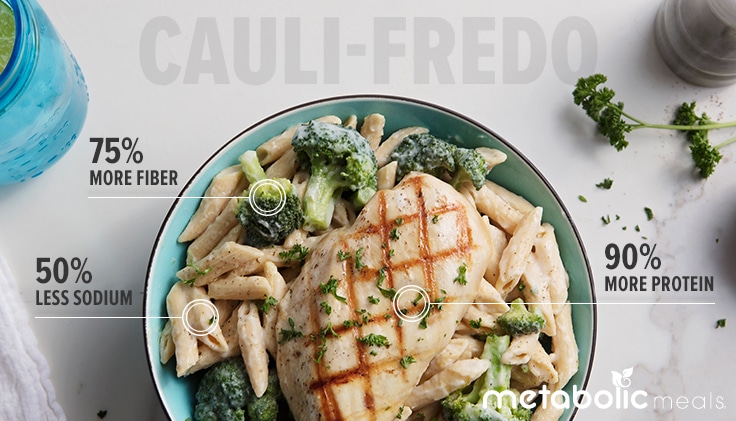
Instead of empty calories, fill your plates with grass-fed beef, wild-caught fish, free-range poultry, eggs, fruits, vegetables, potatoes, rice, oatmeal, coconut oil, nuts, seeds, and avocado. These foods not only contain healthy proteins, carbs, and fats, but they also provide most of the vital micronutrients (vitamins and minerals) that you need to enhance performance.
3. Ignoring Intra-Workout Carbs
Many of your calories should come from carbs; doctors recommend that you get about 55% to 60% of your calories from this macronutrient. Your muscles store glycogen – your main source of energy – and deplete it during training. If you train for more than a couple of hours or multiple times a day, then you can refill glycogen stores with intra-workout carb reloading.
Start with a small dose, around 20 to 30 grams per hour of training, and monitor how you feel and perform. If you’re consuming too much, you’ll start to feel some gastrointestinal distress. Also, choose a fast and easily digestible carb source, such as adding dextrose to your water, so that your body can immediately use the carbs you ingest.
4. Consuming Intra-Workout Fats
Healthy fats are another key fuel source and are imperative for brain function, bone health, and hormone production. Those found in nuts, avocado, fatty fish, and olive oil should be staples in your diet. However, you should never replace carbs with fat, especially during or between workouts, because it takes longer for your body to burn it.
Fats also slow down carbs when the two are combined, and unlike carbs, they should make up only about 30% of your calories every day. Save fats for your meals outside your training window. For intra-workout fueling, stick to primary carbs and small amounts of protein or amino acids.
5. Eating or Drinking Too Many Carbs
Carbs can be a great fuel source for training, but like muscle gain, increasing carbs can reach a point of diminishing returns. Once your glycogen stores are full and your caloric needs are met, more carbs won’t equal better performance. In fact, they’re likelier to elevate blood sugar, reduce insulin sensitivity, and lead to fat gain.
As an endurance athlete, you certainly need a higher percentage of calories from carbs than the average person, but not at the expense of too little protein or fat. Your diet needs a well-balanced mix of all three macronutrients, so be wary of eating or drinking a majority of your carbs in one sitting or even throughout the day.
6. Skimping on High-Quality Protein
Body composition is incredibly important, and protein is vital to building up muscle mass and reducing muscle breakdown. If you’re going to maintain a lean and muscular build, then protein will play a significant role. On average, doctors recommend consuming about 10% to 15% of your calories in the form of protein.

However, for endurance athletes, protein recommendations can vary widely. Ballpark ranges are usually around .75 to 1.25 grams of protein per pound of bodyweight per day. If you weigh 160 pounds, that would equate to about 120 to 200 grams of daily protein. Ideally, protein should come from foods like grass-fed beef, free-range poultry, wild-caught fish, eggs, nuts, and other healthy, whole foods.
7. Forgetting to Drink Enough Water
Water is the nutritional need that varies the most. How much you need depends on the climate you live in, your body weight, and the level of activity you engage in for the day. However, your body is nearly 60% water, and even a little dehydration can dramatically impact your performance. Blood flow decreases, temperature and heart rate increase, and you burn glycogen faster.
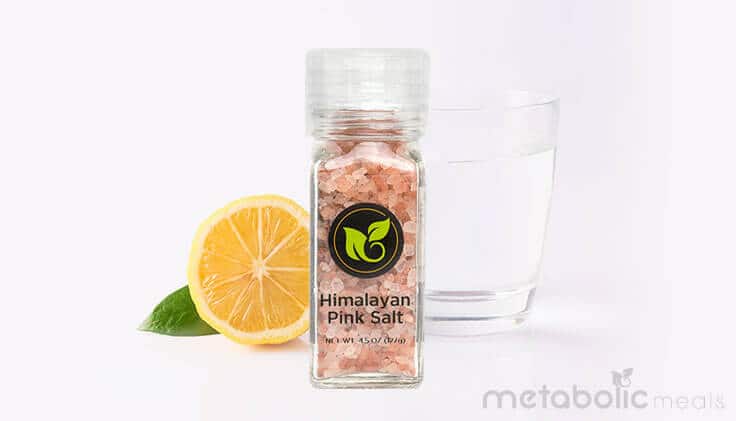
A simple tip is to drink enough water to keep your urine clear or light yellow. Drink it consistently throughout the day and shoot for at least 3 to 4 ounces every 15 to 20 minutes while you’re training. You can also weigh yourself before and after training, then drink about 16 ounces of water for every pound you lost during your workout.
One of the biggest reason athletes commonly make these mistakes is that they don’t realize the impact poor nutrition has on their performance. Whether it’s too many calories, too few calories, poor timing, or poor food choices, even one mistake can have resounding consequences.
Working with nutrition experts and a healthy meal delivery service, such as Metabolic Meals, can help you avoid them. After defining your specific nutritional needs, we can provide a full menu of expertly-cooked dishes that are prepared according to your specific needs. To learn more, speak with one of our experts by contacting Metabolic Meals today.
Tony Soaib has worked as a personal trainer and strength & conditioning coach since 2007. In this time he has worked with a wide range of clients including athletes from MLB, MiLB, NFL, Nippon Professional Baseball, United Soccer League, and NCAA, as well as Military Special Forces personnel, and executive clients. You can contact him @tonysoaib on Instagram.


